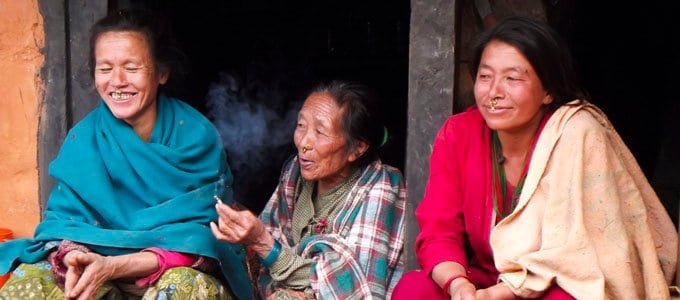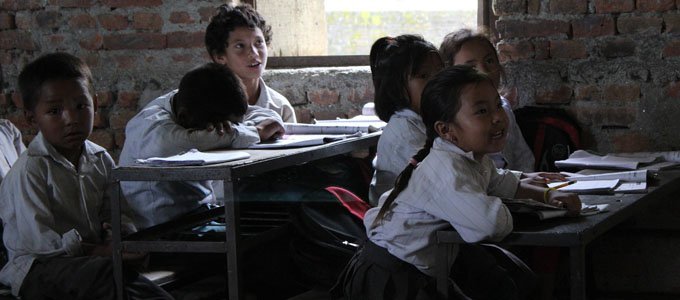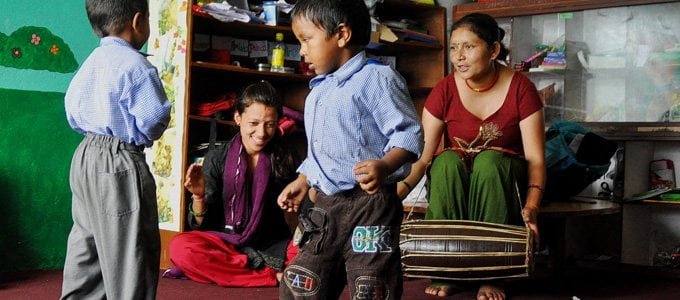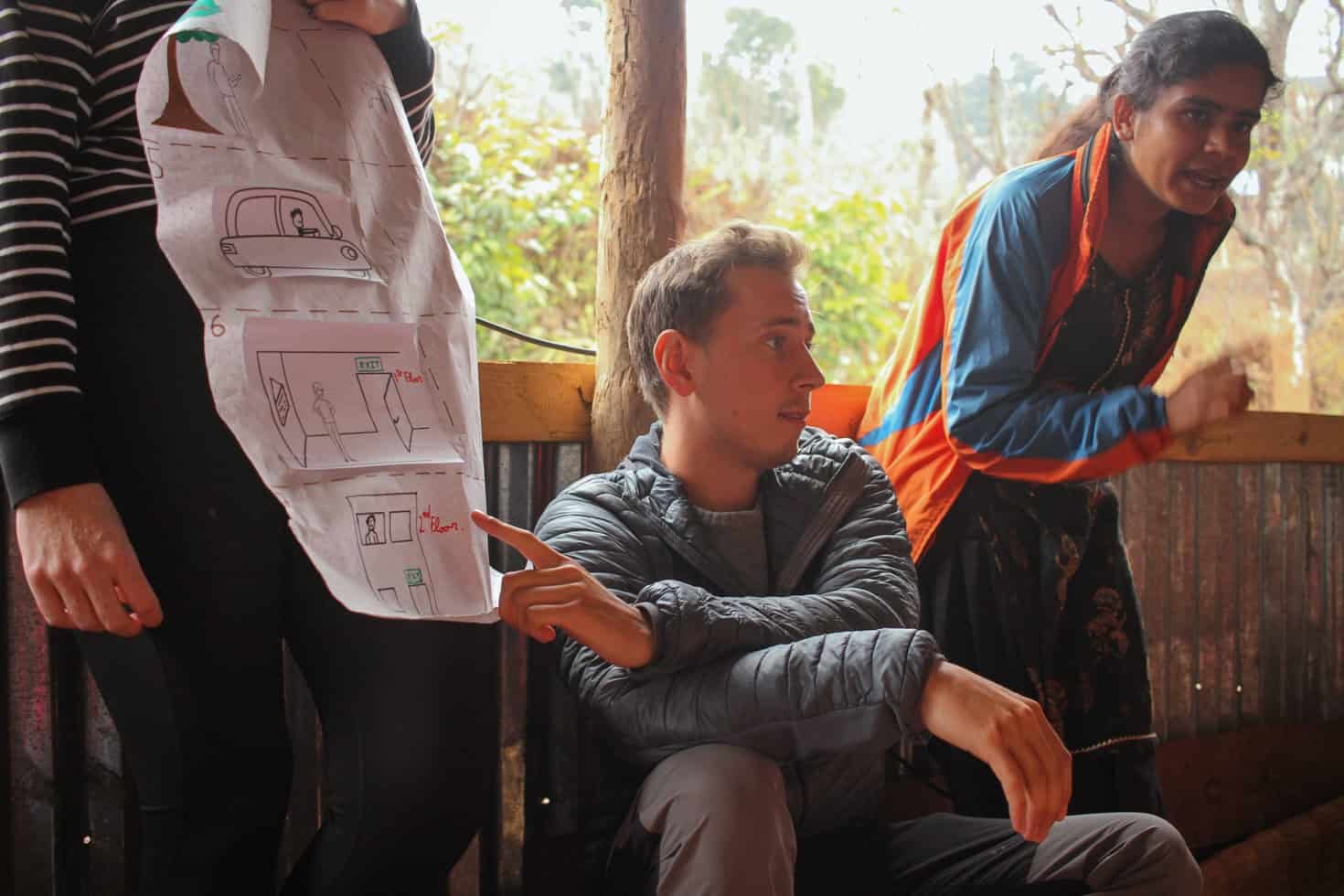Community-Based Forest Conservation Project in Nepal

Introduction to the project
Welcome to our Community-Based Forest Conservation Project in Nepal. Nepal is a beautiful country with a rich natural heritage. However, deforestation, climate change, and other human activities threaten the country’s forests. This project aims to protect Nepal’s forests by working with local communities to conserve forests, manage wildlife, and promote sustainable livelihoods.
By joining us as a volunteer, you will have the opportunity to work alongside community members, learn about traditional forest conservation practices, and contribute to preserving Nepal’s valuable forest ecosystems.
Why choose this project? Statistics of Need:
Forests play a vital role in Nepal’s ecosystem, providing habitat for wildlife, regulating water resources, and supporting local livelihoods. However, deforestation and unsustainable practices pose significant threats to these forests. It is crucial to involve local communities in forest conservation efforts to ensure long-term sustainability and promote the well-being of both nature and people.
- Nepal is a beautiful country with a rich natural heritage.
- The project provides an opportunity to make a real difference in protecting Nepal’s forests.
- The project is aligned with Sustainable Development Goal 15: Life on Land.
- The project will have a positive impact on local communities in Nepal.
Link of the Project to The Sustainable Development Goals:
This project aligns with Sustainable Development Goal (SDG) number 15, “Life on Land.” By participating in our project, you will directly contribute to SDG 15 by promoting sustainable forest management, halting deforestation, and restoring degraded forests.
Examples of 10 Activities you will do as a volunteer for this project
- Participating in tree planting and reforestation efforts.
- Conducting biodiversity assessments and monitoring forest health.
- Assisting in the implementation of sustainable forest management plans.
- Organizing workshops and awareness campaigns on forest conservation.
- Supporting community-led initiatives for sustainable livelihoods, such as eco-tourism or agroforestry.
- Engaging with local schools to educate students about the importance of forests.
- Assisting in the establishment and maintenance of community nurseries.
- Researching traditional forest conservation practices and indigenous knowledge.
- Collaborating with local communities to develop sustainable forest management strategies.
- Facilitating community dialogue and fostering partnerships with relevant stakeholders.
The final impact of this project on local communities in Nepal
Through our community-based forest conservation project, we aim to impact local communities in Nepal positively. By actively empowering community members to participate in forest conservation, we enhance their knowledge and capacity to manage natural resources sustainably. This project also supports the development of alternative income-generating activities, benefiting the local economy and improving the well-being of community members.
Skills you will learn from this project
By volunteering for this project, you will gain valuable skills and knowledge in forest conservation, community engagement, and sustainable resource management. Some of the skills you will develop include:
- Forest inventory and assessment techniques.
- Sustainable land use planning.
- Participatory approaches to community development.
- Environmental education and awareness campaigns.
- Data collection and analysis.
- Cross-cultural communication and teamwork.
Relevant Skills, Education, and Requirements
No specific prior experience is required to join this project. However, a passion for environmental conservation, a willingness to learn, and the ability to adapt to a different cultural setting are essential. Basic physical fitness and the ability to work outdoors in various weather conditions are also necessary.
Your cultural experience and Project Setting
During your volunteer experience, you will have the opportunity to immerse yourself in the rich cultural heritage of Nepal. You will work closely with local communities, learning about their traditions, customs, and way of life. The project locations are situated on the outskirts of Kathmandu, Okhaldhunga, and Nuwakot, providing a diverse experience of rural and urban environments.
Food and accommodation
As a volunteer, you will receive three meals daily, following Nepali standards. You will either stay in hostels or with a local host family, giving you a unique opportunity to experience Nepali hospitality and cuisine.
Start Dates
The project starts on the first and third Mondays of each month, allowing volunteers to choose their preferred start date.
Schedule and commitments
Volunteers must commit to a minimum of [insert number] weeks for this project. The daily schedule may vary, but you can expect to engage in project activities for approximately [insert number] hours daily, five days a week.
Typical day
A typical day as a Community-Based Forest Conservation project volunteer may involve morning activities such as tree planting, data collection, or community meetings. Afternoons could be dedicated to workshops, community engagement, or research activities. Evenings are usually free for personal time and cultural exploration.
On Arrival Training
Upon arrival, you will receive two to three days of orientation and training. This will cover project-specific information, health and safety guidelines, language and cultural immersion, and an introduction to local planning. Also, you can participate in half-day excursions to explore the project area and surrounding natural sites.
Monitoring and support system
Our project has a dedicated monitoring and support system to ensure your well-being and progress. Project coordinators and local staff will be available to help you, answer your questions, and address any concerns throughout your volunteering experience.
Project Locations
The Community-Based Forest Conservation project’s locations are on the outskirts of Kathmandu, Okhaldhunga, and Nuwakot. These areas offer diverse ecosystems, including forested landscapes and cultural heritage sites.
Project Summary
Nepal’s Community-Based Forest Conservation project aims to involve local communities in sustainable forest management practices. By volunteering for this project, you will contribute to reforestation, community engagement, and capacity-building activities, promoting the long-term conservation of Nepal’s forests.
Volunteer Enrolment Procedure
- Please complete our online application form .
- Please attach your resume (CV) with the contact details of two referees, either on the application form or sent separately to support@vin.org.np. References can be from work, university, or friends and family.
- Could you wait for a confirmation email from VIN for acceptance into the volunteer program?
- Once accepted, pay the program booking fee of 150€.
- VIN will confirm your payment and send a pre-departure information pack by email.
- You may pay your program fee upon arrival at VIN in Kathmandu or send it by wire transfer.
Other ways to get involved
In addition to volunteering, there are several different ways to support our cause:
- Intern: Join our internship program and gain valuable experience in community-based forest conservation.
- Donate: Make a financial contribution to support our ongoing conservation efforts.
- Sponsor a child: Support the education and well-being of a child from the local community.
- Promote: Help spread the word about our project and the importance of community-based forest conservation.
- Fundraise: Organize fundraising events or campaigns to support our initiatives.
- Fellowships and staff exchanges: Explore opportunities for professional development and knowledge exchange.
- Partner: Collaborate with us to implement joint initiatives and maximize our impact.
- Become our Ambassador and share this opportunity: Spread awareness about our project and recruit more volunteers to join our cause.









